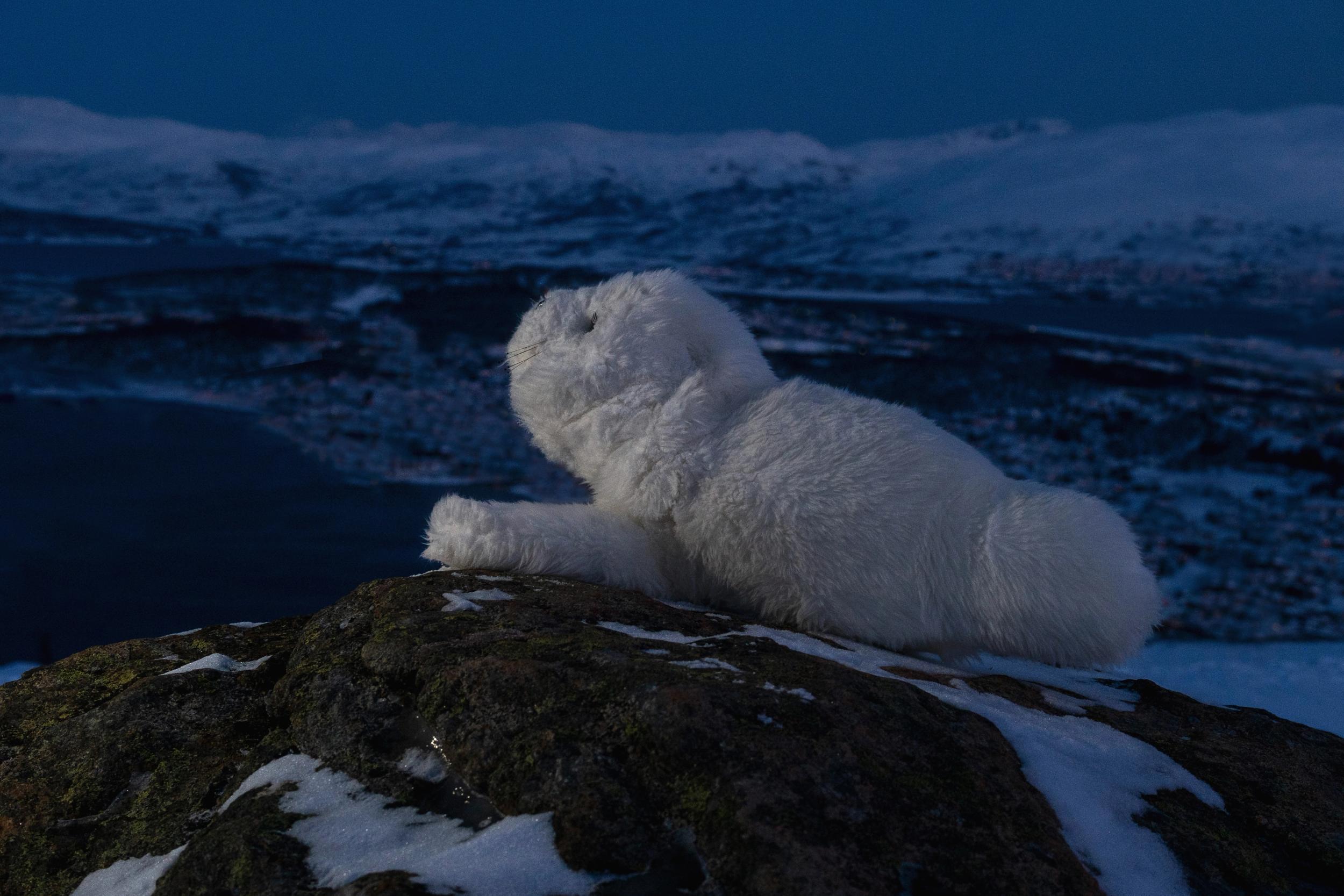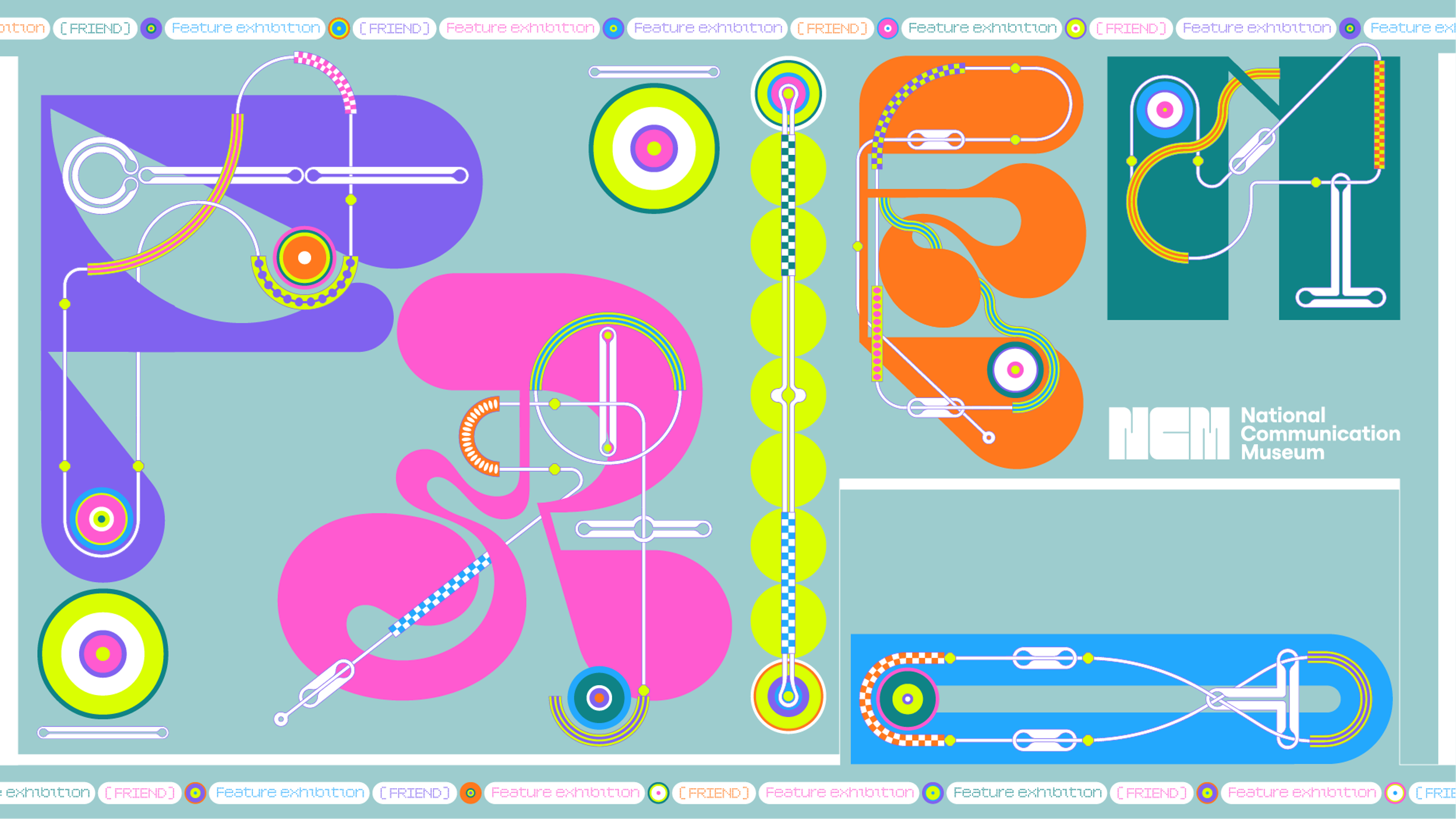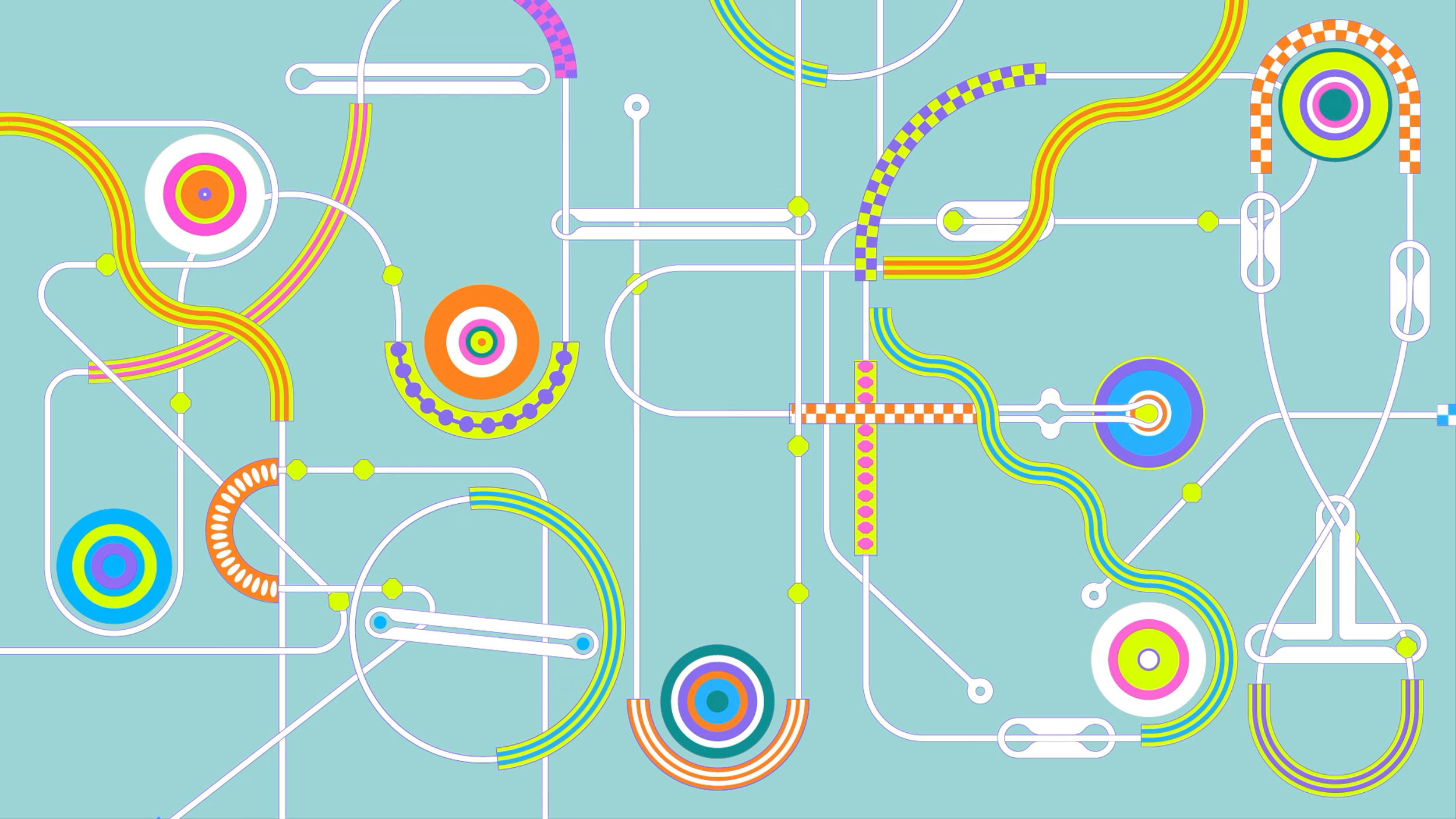Panel Discussion | Robots Make Us Better
Programs & Events
PARO in 'Protective Seal' by Elena Knox. Photo by Lindsay Webb.
How do robotics and technology help humans tap into our sense of empathy and grow a deeper connection with our surrounding world?
A true friend brings out the best in us. Listens when the world gets a bit much, gently nudges us towards good choices and opens our eyes to new ideas and experiences. Friends teach us about empathy.
Friends aren’t always human.
This panel brings together visiting FRIEND artists, developers and academics to consider how technology can make us better humans and the moral considerations that come along with these new types of relationships.
Ranging from an ethics centred roboticist, Dr Belinda Dunstan, the Principal Lead of the UNSW Creative Robotics Lab, artist Elena Knox who collaborated with AI sensory robot PARO in Protective Seal to grow a human–environment–machine link centred on the environmental crisis unfolding in the Arctic, and Prof Michio Okada, the developer of Weak Robots that are designed to encourage feelings of connection and empathy. Moderated by FRIEND curator, NCM’s Senior Curator Jemimah Widdicombe, join us as we unpick new understandings of what a friend can be.
Speakers
Dr Belinda Dunstan
Principal Lead, UNSW Creative Robotics Lab, Sydney
Dr Dunstan is the Principal Lead for the UNSW Creative Robotics Lab, and a senior lecturer in the School of Built Environment at the University of New South Wales, on Gadigal country. Belinda is the author of the Minor in Social Robotics for the UNSW Bachelor of Design, teaching a critically engaged and materially focused approach to the design of social robots. Recently, she was the lead editor of Cultural Robotics: Social Robots and their Emergent Cultural Ecologies (Springer, 2023). Her current research interests are social robot morphology, critical futuring, technology ethics, and cultural robotics.
Dr Dunstan contributes an audio work exploring the themes of human-robot interaction and embodiment to FRIEND. Her piece invites audiences to consider the ways we form relationships with machines, and how these interactions shape our understanding of ethics, communication, and connection.
Elena Knox
Performance & Media Artist, Japan
Knox lives and works in Tokyo. Her projects present ultra-contemporary scenarios where humans live in deep enmeshment with synthesized things. Some recent works use frontier Japanese robots to audition roles of identity and belief in techno-science futures. Others explore new visions of gender and cyber-organics in dreamlike, stripped-back situations.
Knox won the Apex Art New York international curatorial competition in 2022. Recent exhibitions include Seoul International New Media Festival (2024); Venice Art Night (2024); Ars Electronica (2023); Taiwan International Video Art Exhibition (2023); Echigo-Tsumari Art Triennial (2022); ICC Annual, Tokyo Opera City (2022); Bangkok Art Biennale (2020); Yokohama Triennale (2020); and Future & the Arts, Mori Art Museum (2019–20).
I’m delighted that Protective Seal is being shown in Australia for the first time. The real journey I took with the robot PARO to the ice at the top of the world revealed more commonalities between cultures—Australian, Japanese, Scandinavian—than differences, and gently pointed up how humans, machines and environments affect and support each other. I hope the video installation provides a space for people to deeply reflect on their own part in this dynamic, and what care for a future planet, and for machines who develop some sort of sense approaching sentience, might eventually entail. —Elena Knox
Professor Michio Okada
Interaction & Communication Lab, Toyohashi University, Japan
Prof Okada is a Japanese researcher and developer known for his work on Weak Robots, a concept that focuses on creating robots with minimalistic designs and functionalities. The aim is to explore the potential of simple, unobtrusive robotic systems that can integrate seamlessly into human environments. This approach challenges traditional robotics by emphasizing subtlety and adaptability over complexity and strength. Prof Okada's work contributes to the evolving discourse on the role of robots in daily life.
Weak Robots (ICD Lab, Japan) are experimental humanoids designed to explore vulnerability, fragility, and human-robot interaction. Their unsteady movements challenge traditional notions of robotic strength, highlighting playful, empathetic engagement rather than precision or power in technology. Combining computer science, cognitive psychology and Human Robot Interaction principles, Prof Okada, has set out to transform the way that people connect and live with machines through the concept of ‘we mode’. We-mode is a state of interaction in which individual roles of “I” and “you” dissolve into a shared sense of collaboration and mutual support. It emerges when humans and “weak robots” — robots designed to be incomplete, imperfect, or dependent — work together to achieve tasks or create experiences. It’s a deliberate design philosophy showing that imperfection and dependency can foster richer communication and collaboration, highlighting relational and social capacities rather than individual efficiency.
These fragile, imperfect machines invite us to rethink what robots can be: not just efficient tools, but companions that foster empathy, play, and collaboration. In their weakness, they remind us that technology can create new kinds of relationships and rituals; ways of living together that are more human, not less. —Professor Michio Okada
Moderator
Jemimah Widdicombe
Senior Curator, NCM
Jemimah is the curator of FRIEND and leads the development of temporary exhibitions as Senior Curator at NCM. Her work focuses on the intersection of culture and technology, and is underpinned by foundations in human interaction, research & design and cultural production.
Jemimah's curatorial career spans over a decade of interdisciplinary projects, including strategic exhibitions, collections and content roles at Museums Victoria and the University of Melbourne, coupled with extensive experience in digital research, education and cultural program coordination in Kanaky New Caledonia and France.
Venue Accessibility
- This program includes translation from Japanese to English for one of the speakers
- NCM is fully wheelchair accessible
- All gender and accessible toilets are available on both levels
- Hearing loop available
- NCM is a high sensory space with a variety of noise and lighting.
- This program includes seating for most attendees, please reach out if this is a barrier to you joining us and we can reserve you a spot
- If you have any other access needs please get in touch, we'd love to help hello@ncm.org.au
What else is happening on opening weekend?
FRIEND Opening Weekend Programs
Learn More About FRIEND
FRIEND


